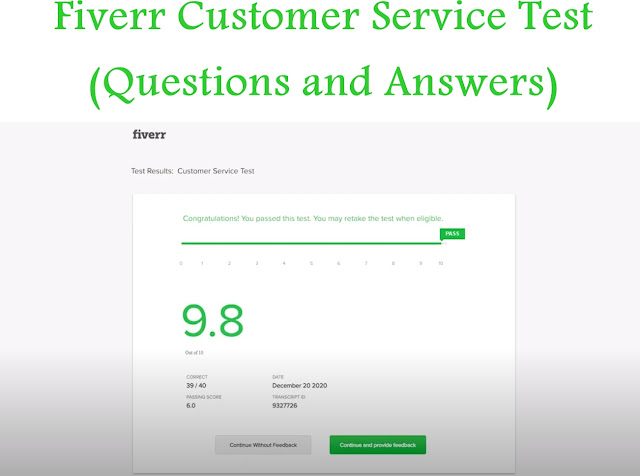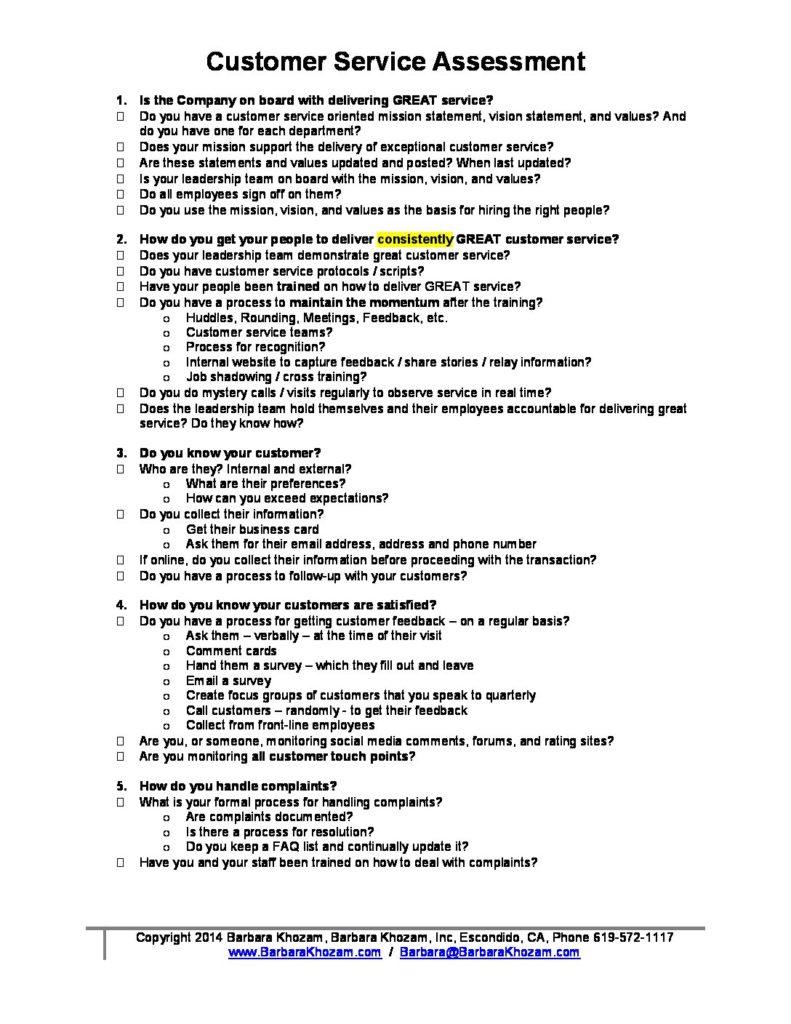Have you ever been asked a seemingly impossible question during a job interview, leaving you scrambling for an answer? Many job seekers, particularly those aiming for customer service roles, face this daunting experience. Customer service interviews often include unique questions designed to assess a candidate’s soft skills, problem-solving abilities, and overall suitability for handling customer interactions. This article will delve into the world of customer service test questions and provide you with the tools and knowledge to confidently navigate these interview challenges.

Image: solvedupworktests.blogspot.com
Understanding the reasoning behind these unconventional questions is crucial. Employers are not simply trying to stump you; instead, they are seeking to evaluate your emotional intelligence, adaptability, and ability to think on your feet. By analyzing your responses and observing your demeanor, they can gauge your potential to effectively manage customer interactions, defuse challenging situations, and maintain a positive customer experience.
Deciphering the Question Types
Customer service test questions can be broadly categorized into several recurring themes, allowing you to anticipate the types of scenarios you might encounter.
1. Situation-Based Questions
These questions present hypothetical scenarios that simulate real-life customer service challenges. They might involve:
- Angry or dissatisfied customers: “A customer is yelling at you about a broken product. How would you handle the situation?”
- Difficult requests or complaints: “A customer asks for a refund for a product they purchased months ago. What would you do?”
- Handling pressure or stress: “You’re dealing with a long queue of customers and a coworker is absent. How would you manage the situation?”
2. Behavioral Questions
These questions delve into past experiences, aiming to gauge your past behavior as a predictor of your future performance:
- Tell me about a time you went above and beyond for a customer.
- Describe a situation where you had to deal with a difficult customer. What was the outcome?
- Give an example of a time you had to handle a conflict with a customer.

Image: sbtrainingondemand.com
3. Knowledge-Based Questions
These questions assess your understanding of customer service fundamentals and industry-specific practices:
- What are the key elements of excellent customer service?
- Describe your understanding of the customer service lifecycle.
- How would you use different communication channels to effectively serve customers?
Mastering the Art of Effective Answers
While the specific questions may vary, a structured approach to crafting your responses can make all the difference. Here’s a proven method:
1. The STAR Method
The STAR method is a widely used technique for answering behavioral questions. It involves outlining your:
- Situation: Briefly describe the specific context of the situation.
- Task: Explain what your role or responsibility was in that situation.
- Action: Detail the steps you took to address the situation.
- Result: Share the outcome or the positive impact of your actions.
2. Focusing on the “Why”
Beyond simply describing your actions, emphasize the underlying reason behind your choices. Why did you choose to approach the situation in that way? What values or principles guided your actions?
3. Highlighting Soft Skills
Emphasize your soft skills relevant to customer service, such as:
- Empathy: Demonstrating genuine concern for the customer’s needs and frustrations.
- Communication: Using clear, concise language and active listening skills.
- Problem-solving: Demonstrating a proactive and resourceful approach to finding solutions.
- Patience: Maintaining composure and a positive attitude even under pressure.
Common Customer Service Test Questions and Answers
Here are some common questions you might encounter during a customer service interview:
1. “Tell me about a time you had to deal with a difficult customer.”
Example Answer: “I once had a customer who was very upset about a delayed delivery. He was yelling, demanding a full refund, and refusing to listen to any explanations. I remained calm and listened patiently to his concerns, emphasizing my understanding of his frustration. I apologized for the inconvenience and offered to expedite the delivery process. I also provided him with a small gift voucher as a gesture of goodwill. After explaining the steps I was taking to resolve the issue, he calmed down and was appreciative of my efforts. His experience showed me the importance of patience, empathy, and proactive problem-solving in dealing with difficult customers.”
2. “How would you handle a customer complaint about a product malfunction?”
Example Answer: “I’d start by taking ownership of the problem and expressing sincere empathy for their experience. I’d gather information about the malfunction, such as the purchase date, product details, and any relevant documentation. Based on the information, I’d explain the appropriate resolution options, such as a repair, replacement, or refund, ensuring they understand their rights and options. I’d strive to resolve the issue quickly, but if it needed further investigation, I’d provide regular updates and maintain clear communication throughout the process. My goal would be to provide a satisfactory solution and leave the customer feeling heard and valued.”
3. “What are the key elements of excellent customer service in your opinion?”
Example Answer: “In my view, excellent customer service goes beyond simply fulfilling an order or resolving an issue. It’s about building genuine connections with customers, understanding their needs, and exceeding their expectations. It requires empathy, active listening, and the willingness to go the extra mile. Providing personalized attention, offering proactive solutions, and following up to ensure satisfaction are key elements of delivering exceptional customer experiences.”
Preparing for Your Interview
To ace your customer service interview, consider these preparation strategies:
1. Research the Company
Familiarize yourself with the company’s mission, values, and customer service standards. Understand their industry and their target audience. This will help you tailor your responses to their specific context.
2. Practice Answering Common Questions
Practice answering common customer service test questions, employing the STAR method and focusing on highlighting your relevant skills. Conduct mock interviews with friends, family, or even a career counselor to receive feedback and refine your responses.
3. Prepare Your Own Questions
Prepare thoughtful questions to ask the interviewer. This demonstrates your genuine interest in the role and the company. Focus on questions related to their customer service culture, training programs, or expectations for the position.
Customer Service Test Questions And Answers
Conclusion
Navigating customer service interview questions requires a combination of preparedness, confidence, and the ability to demonstrate your exceptional interpersonal skills. By understanding the common themes, mastering effective answer structures, and practicing your responses, you can confidently showcase your potential to be a valuable asset to any customer-focused organization. Remember, the key to success lies not in memorizing answers, but in genuinely showcasing your passion for exceeding customer expectations.






